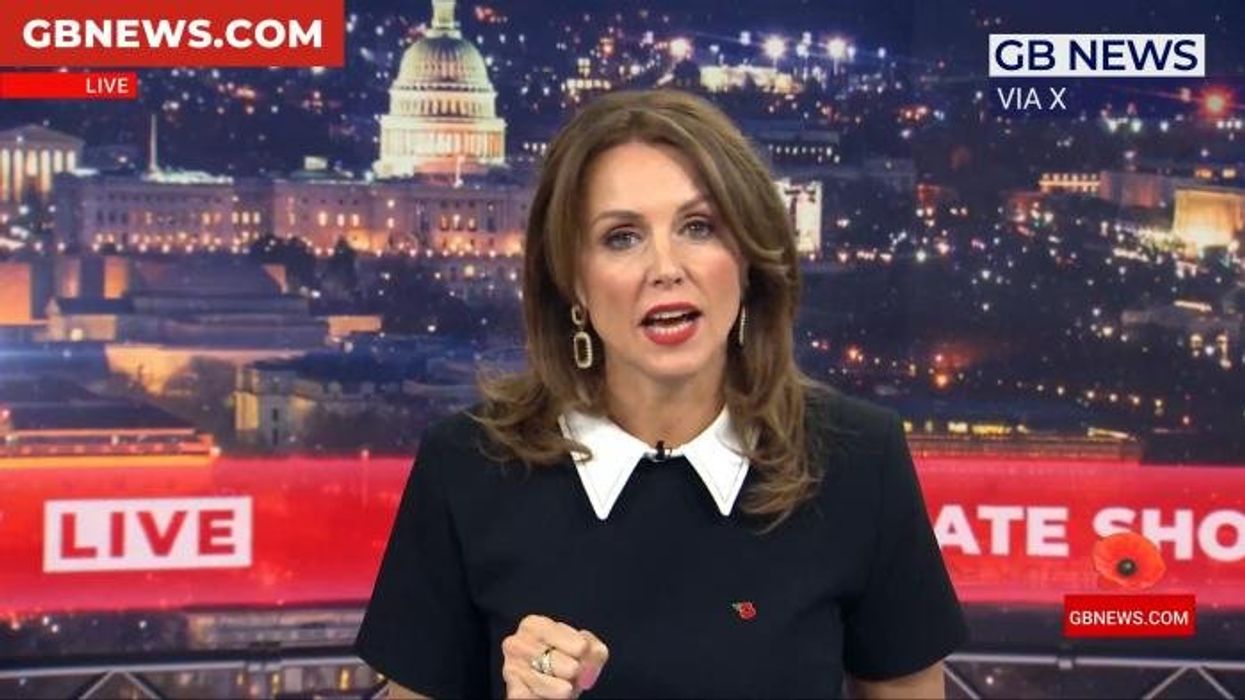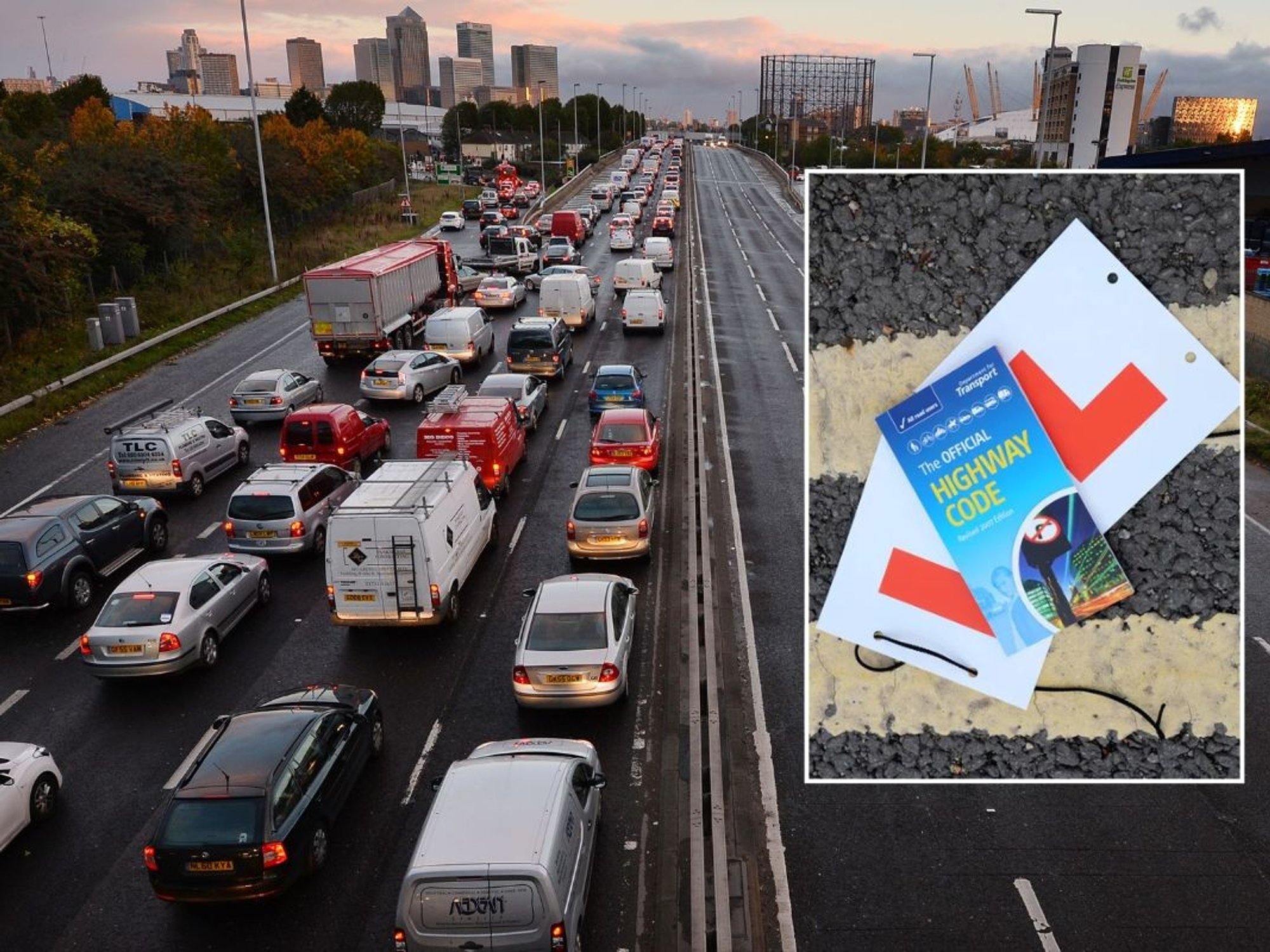Drivers could face stricter MOTs as Rachel Reeves proposes 3p-per-mile road tax to replace fuel duty

Experts have suggested that pay-per-mile taxes could be measures through MOT tests
Don't Miss
Most Read
Electric vehicle owners have been warned they could face stricter MOT tests under Rachel Reeves’s plans for a new pay-per-mile charging system.
The Chancellor is expected to announce in her November 26 Budget that drivers of electric cars will be charged around 3p per mile from 2028.
The move is aimed at replacing lost fuel duty as more people switch from petrol and diesel vehicles — a key source of Treasury income.
But transport experts warn the annual MOT could become a way for the Government to check vehicle mileage and calculate how much drivers owe.
TRENDING
Stories
Videos
Your Say
The idea is that the figures recorded during the MOT would be sent to tax authorities instead of relying on drivers' own estimates, which could be inaccurate or underreported.
The Treasury explained that the scheme could raise £1.8billion a year by the early 2030s, with on average, EV owners paying around £250 a year, compared to about £600 in fuel duty paid by petrol and diesel drivers today.
Government sources say the new system would not use GPS tracking or "black box" technology.
Instead, drivers would declare their estimated mileage each year and pay a fee based on that figure.
If their actual mileage was higher than expected, they would be asked to pay the difference.
Those who drove less could receive a credit or rollover allowance for the following year.
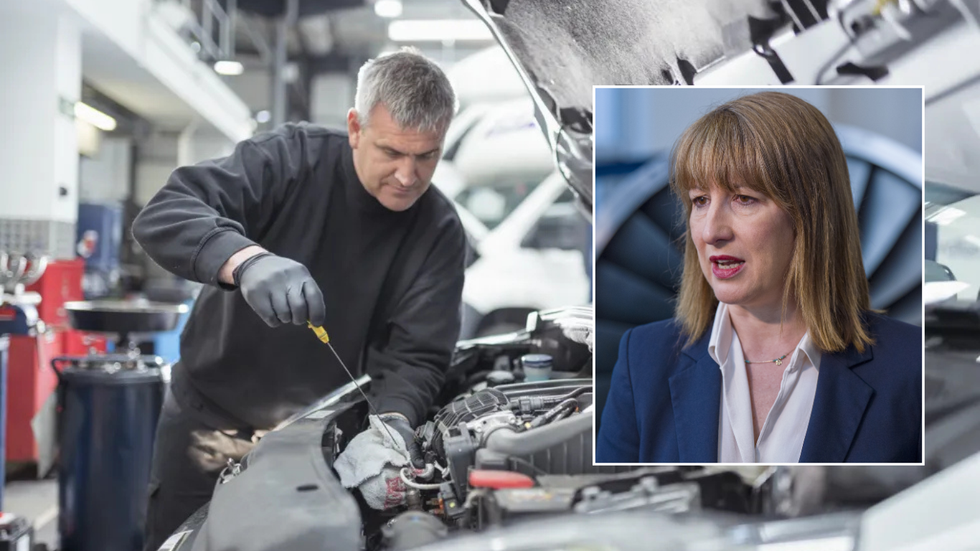
Experts have suggested that pay-per-mile taxes could be checked through MOT testing
|GETTY/PA
The Treasury has become increasingly concerned about the sharp fall in fuel tax income as more motorists make the switch to electric vehicles.
Fuel duty currently raises almost £25billion a year, but that figure is expected to drop sharply by the end of the decade.
A Government spokesperson said ministers wanted "a fairer system for all drivers" while still supporting the switch to electric cars, noting that EVs currently pay no fuel duty at all.
Dr Craig Morton, a transport planning expert at Loughborough University, said the Government needed to think carefully about how to collect the tax fairly and efficiently
"Having drivers predict their annual mileage could lead to underreporting," he said. "A better option might be to record mileage during MOT tests and base the tax bill on that figure."
LATEST DEVELOPMENTS
- Motorists flout 20mph rules nationwide sparking major safety concerns - 'Virtually no improvement'
- Drivers issued urgent car recall warning as millions of Britons unaware of 'daunting' vehicle issues
- Sadiq Khan under fire for 'significant alterations' to Ulez scrappage scheme - 'Not honest public service'
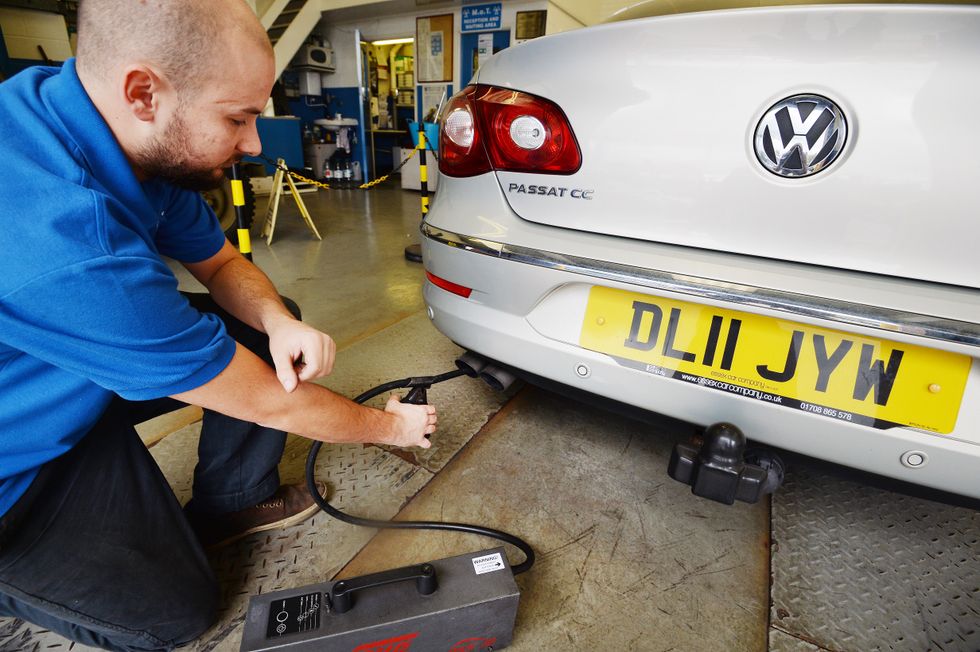
Experts have proposed that drivers have their annual mileage checked during MOT tests
| PAHe warned, however, that adding a new tax on electric vehicles could slow the move away from petrol and diesel cars, since running costs are a major factor in people's buying decisions.
"Some EV drivers are already paying around 3p per mile to drive. Adding another 3p in tax would double their costs," Dr Morton said.
He also warned that the plan could widen the gap between rich and poor households, as electric cars remain too expensive for many families. "The extra charge would hit lower-income drivers hardest," he added.
Shadow Chancellor Sir Mel Stride criticised the idea, saying it would be "wrong for Rachel Reeves to target commuters and car owners just to fill a black hole in her finances."
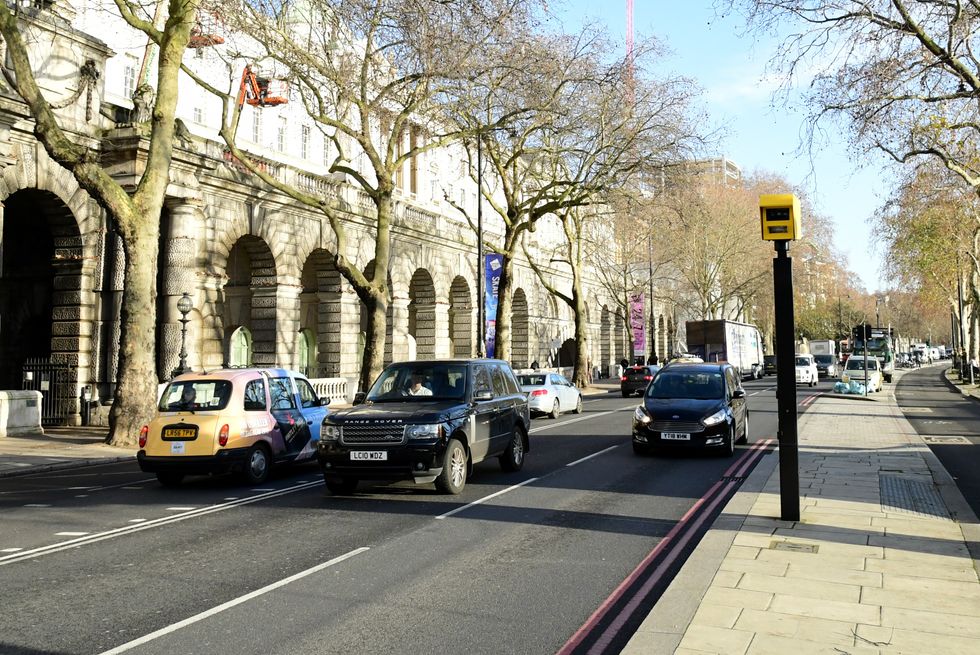 A pay-per-mile scheme could be an alternative to the current system of vehicle taxation | PA
A pay-per-mile scheme could be an alternative to the current system of vehicle taxation | PAThe Office for Budget Responsibility has previously said that repeated fuel duty freezes since 2010 have cost the Treasury around £100billion in lost revenue.
While the Government has so far spent £4billion supporting electric car uptake, including grants of up to £3,750 per vehicle, it warned that the new road taxes are needed to fund transport infrastructure and public services in the long term.
Dr Morton shared: "The introduction of fuel duty to electric vehicles will inevitably slow down their diffusion through the car fleet.
"Operating costs are one of the most important considerations for car buyers."


